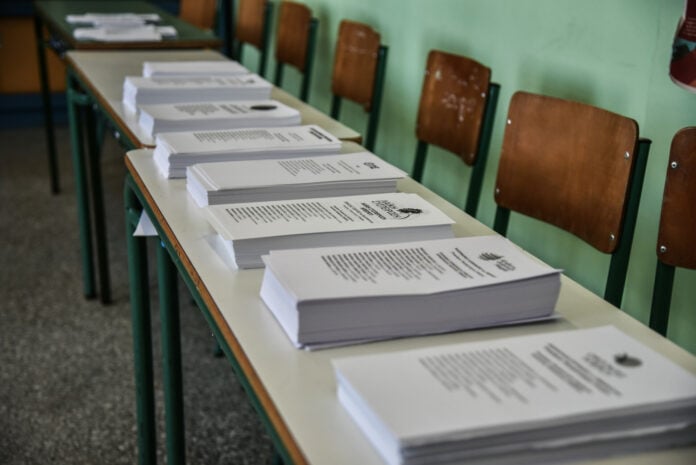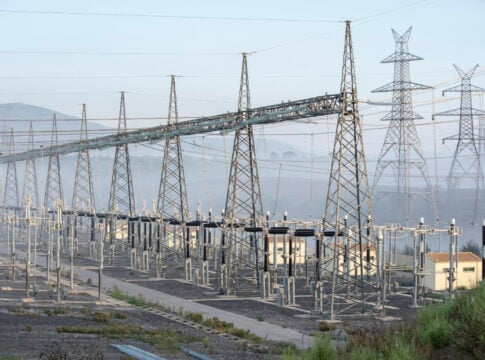The government and the opposition parties are mulling the outcome of the local elections on Monday, focusing primarily on the messages at the regional level. In a total of seven regions, the result was decided from the first round and the candidates supported by the ruling New Democracy party were elected.
Greek voters “reconfirmed their confidence in New Democracy and the choices it made,” Prime Minister and New Democracy leader Kyriakos Mitsotakis said on Sunday night.
Speaking from the party’s headquarters, he said that “at least 7 regions have won for New Democracy in the first round.”
“The government obviously will continue as of tomorrow its work, the implementation of great changes and reforms Greece needs, and, of course, as of next week we shall continue to fight the battle of the second round in the races which were not won this Sunday,” Mitsotakis added.
On his part, main opposition SYRIZA-Progressive Alliance leader Stefanos Kasselakis stressed the need to renew the party in order to strengthen its foundations in the social fabric.
“Today was a first message about the need for Greece to have a new large progressive party that can govern the country,” he underlined following the outcome of the local elections.
“As of tomorrow we are building the new progressive party. Our party is open to all citizens who want to contribute. SYRIZA did not have a large presence in the social fabric of the country,” Kasselakis stated and underlined: “One of the responsibilities that I personally assume is to build this presence in the coming years. As of tomorrow we are starting the great renewal and the great revitalization of our human potential, which constitutes an urgent need.”
“PASOK continues its steady upward course. It is clearly by a large margin the second force in the local administration,” party leader Nikos Androulakis said. He also stressed the need for “New Democracy to have a reliable, worthy, strong opponent” in the next elections.
“The results of the elections confirm the positive steps taken just three months after the parliamentary elections, although the correlation is still very negative,” the general secretary of KKE Dimitris Koutsoubas commented. “We can say that a trend of questioning the dominant policy is stabilizing and strengthening, slowly but firmly,” he added.














